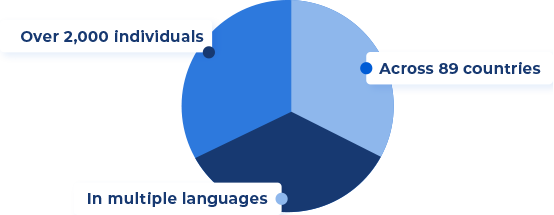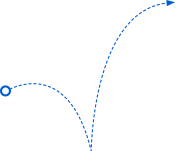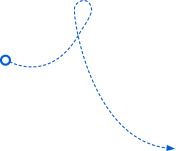We collaborate with reputable organisations and researchers whose work will benefit people with Angelman syndrome.
These collaborations help to improve access to:





We welcome collaborations from researchers and clinical organisations. If access to the Global Angelman Syndrome Registry could inform your work and benefit Angelman families, please contact us.
We encourage families affected by Angelman syndrome to provide your data so your experience can inform research and treatment.







Your data could be used in several different ways but it is always de-identified. That means we can learn from your experience while maintaining your privacy.
Your data may be used to:
Your consent is vital in this. It’s your information, not ours. When you’ve entered your data into the Registry, you’ll receive a link asking you to activate your account and provide consent for your data to be used.

The Critical Path Institute (CPath) is a nonprofit organisation that operates under an independent, public-private partnership with the US Food and Drug Administration (FDA) – the body responsible for approving new medicines in America. That makes it a highly credible organisation with a direct relationship to the funding body.
The Global Angelman Syndrome Registry is now contributing data to CPath’s Rare Disease Cures Accelerator-Data and Analytics Platform (RDCA-DAP®).
Rare diseases often struggle to attract research funding because comparatively few people are affected. CPath combines data from many rare diseases to identify trends which could inform new treatments.
Contributing our de-identified data to RDCA-DAP® helps accelerate research and therapeutic development for AS.





Linking that information helps us form a comprehensive data landscape for Angelman syndrome research.
GASR:
LADDER:
Together, GASR and LADDER enable a more holistic understanding of Angelman syndrome, supporting academic researchers, biotech companies, and clinicians in their efforts to develop new therapeutics and improve patient care.

Once you’ve registered, you’ll receive an email asking you to activate your account and consent to the use of your data.
Please remember to do this. If you don’t, we can’t use the information you’ve provided and your effort has been wasted.








For Professionals & Researchers
For Caregivers
The Global Angelman Syndrome Registry is a project designed for individuals diagnosed with Angelman syndrome and those working towards research and treatments.


Select your desired option below to share a direct link to this page